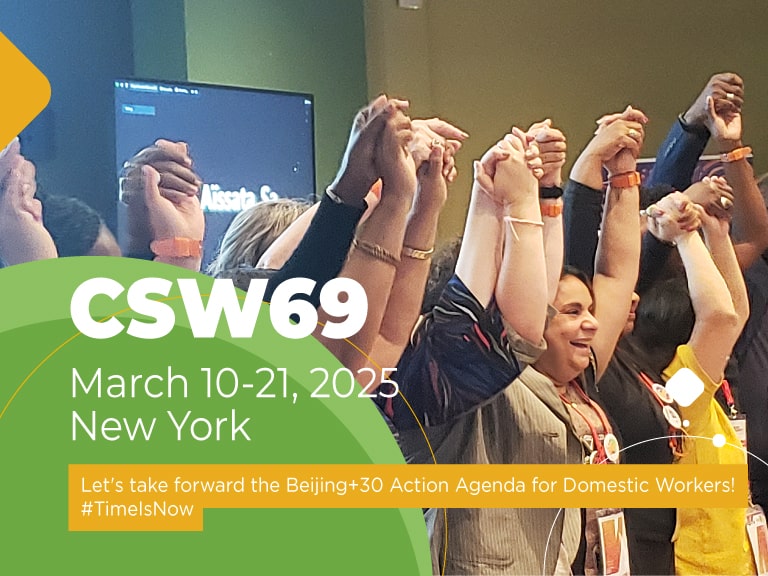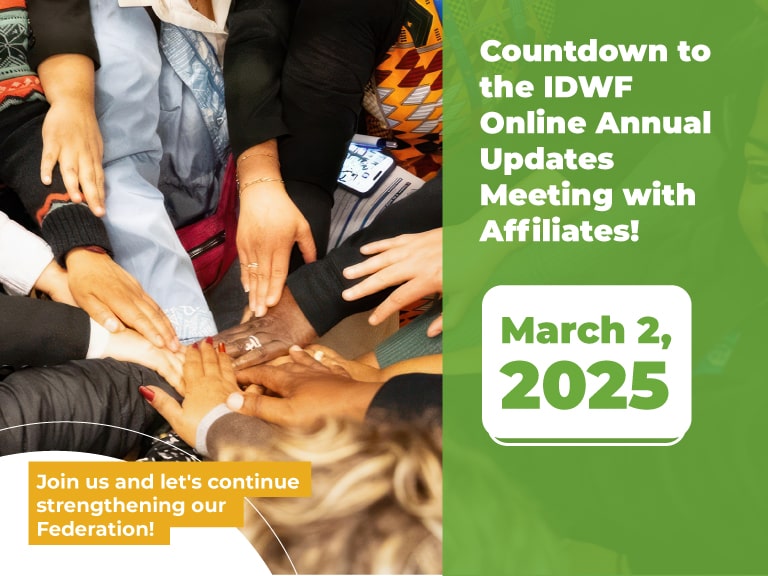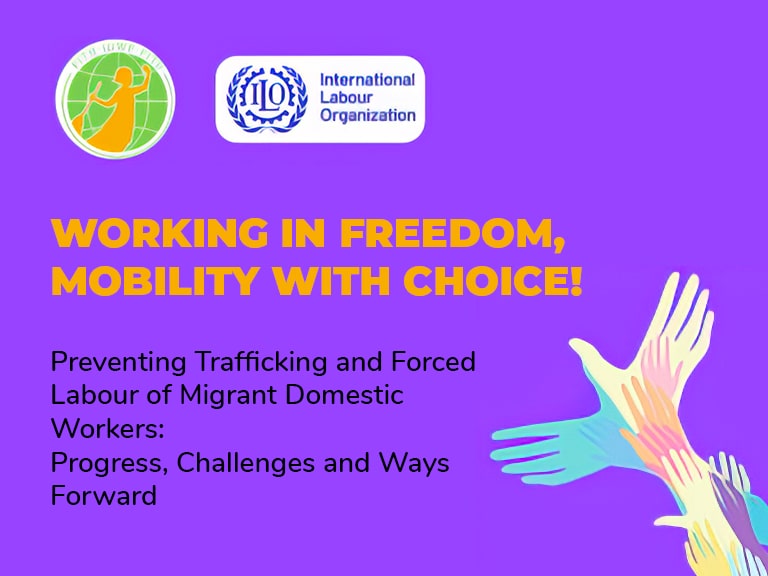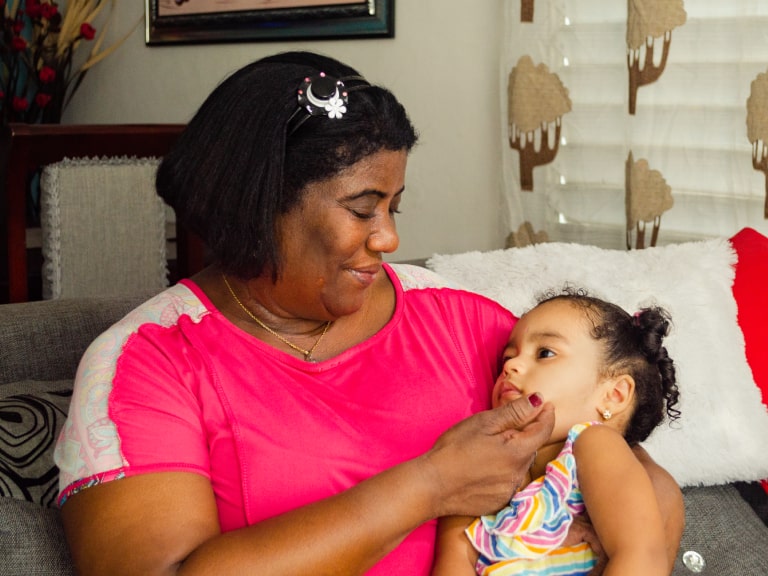- This event has passed.
International guidelines are one path to pushing for decent living and working conditions of migrants – report on the Regional Consultation on the UN Compact on Migration
Updates on the UN Global Compact for Migration – A report on the Asian Regional Consultation, Bangkok-Thailand, August 4 & 5, 2017
Details
On September 19, 2016, a High-Level Summit was hosted in New York by the United Nations General Assembly. This was the first time heads of states and governments convened to strengthen international cooperation on migration and refugee issues. The summit resulted in the New York Declaration[1], whereby 193 UN Member States initiated negotiations on a “Global Compact on Safe, Regular and Orderly Migration.” According to the timeline agreed upon by states, these agreements will be formally adopted in September 2018, at another UN conference in New York. In the meantime, the process consists of three consecutive phases, charted briefly below.
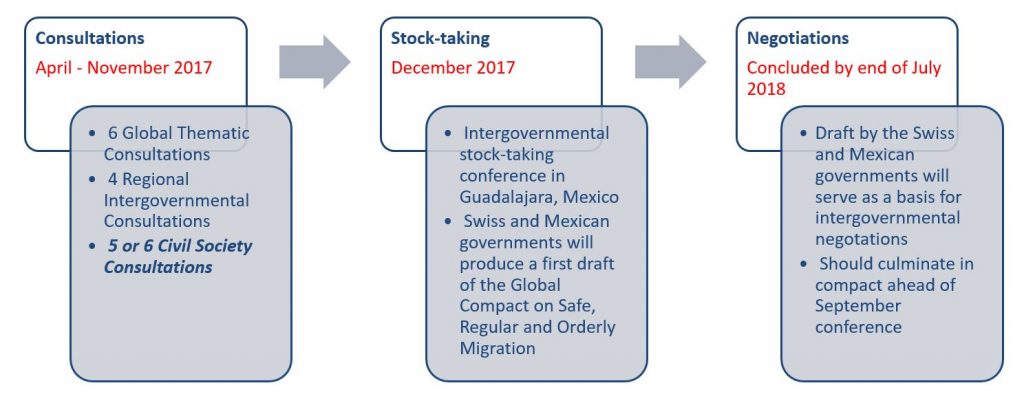
While such compacts could prove to be either protective of or harmful to migrants and refugees, it was clear for Civil Society Organizations (CSOs) that within the current global political climate of increasing xenophobia and racism, governments could push for compacts on returns, deportations, or restrictive migrations. CSOs can therefore use their consultations to insure that the voices of migrant communities themselves are heard, and to gear towards a rights-based compact that advocates better, cheaper, and safer mobility, with a particular focus on respect for Human Rights and accountability at times when they are violated[2].
The first CSO consultation took place this month, on the 4-5th of August, in Bangkok, Thailand. This Asia Regional Consultation was hosted by a number of organisations. While Migrant Forum Asia (MFA) was tasked to be the focal organisation and act as the Secretariat, nine other CSOs including the GUFs to which the International Domestic Workers Federation (IDWF) is part of, co-hosted the program.
The consultation focused on eight key themes, and simultaneous discussions sought to clarify the basic human rights principles under each theme, the programs that can address them, and a timeframe for implementation.
The eight themes were (1) Human Rights of Migrants, (2) Children in the Context of Migration, (3) Women and Migration, (4) Decent Work, (5) Participation Mobilization and Accountability, (6) Return Repatriation and Reintegration, (7) Drivers of Migration, and (8) Mixed Migration.
Elizabeth Tang, General Secretary of the IDWF, co-facilitated the thematic discussion on decent work, with a particular focus on Migrant Domestic Workers and their position in the compact being drafted. The final recommendations of this first civil society consultation are still being finalized, and the next one is scheduled to occur in Beirut, organised by MENA region CSOs this August.
Tang says that while CSOs understand, and even expect, that governments will be hesitant to commit to a rights-based compact for migrants and refugees, international guidelines are one path to pushing for decent living and working conditions of migrants; “IDWF is dedicated to taking every opportunity to ensure that the voices of Migrant Domestic Workers are considered while drafting such agreements.”
[1] http://undocs.org/a/res/71/1
[2] http://gcmigration.org/wp-content/uploads/2017/04/GCM-Global-Compact-FAQs-April-27.pdf



